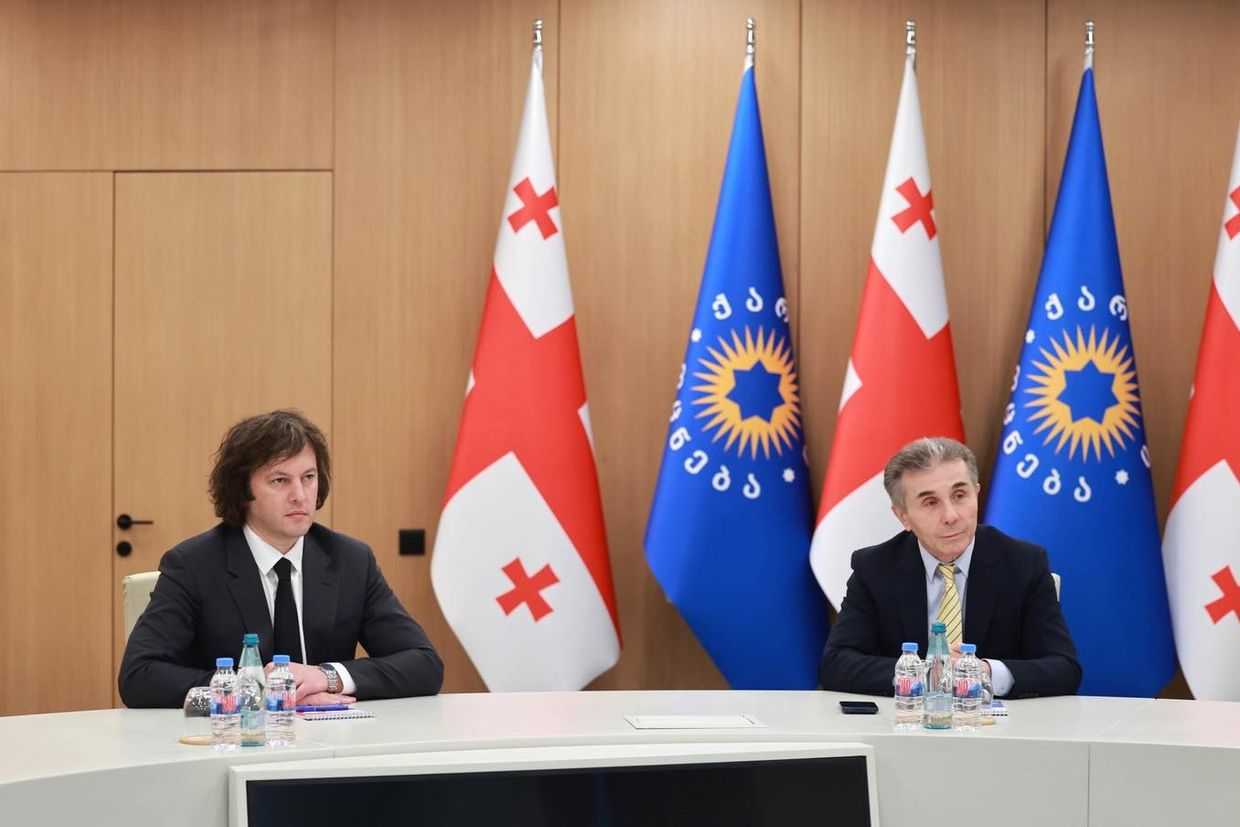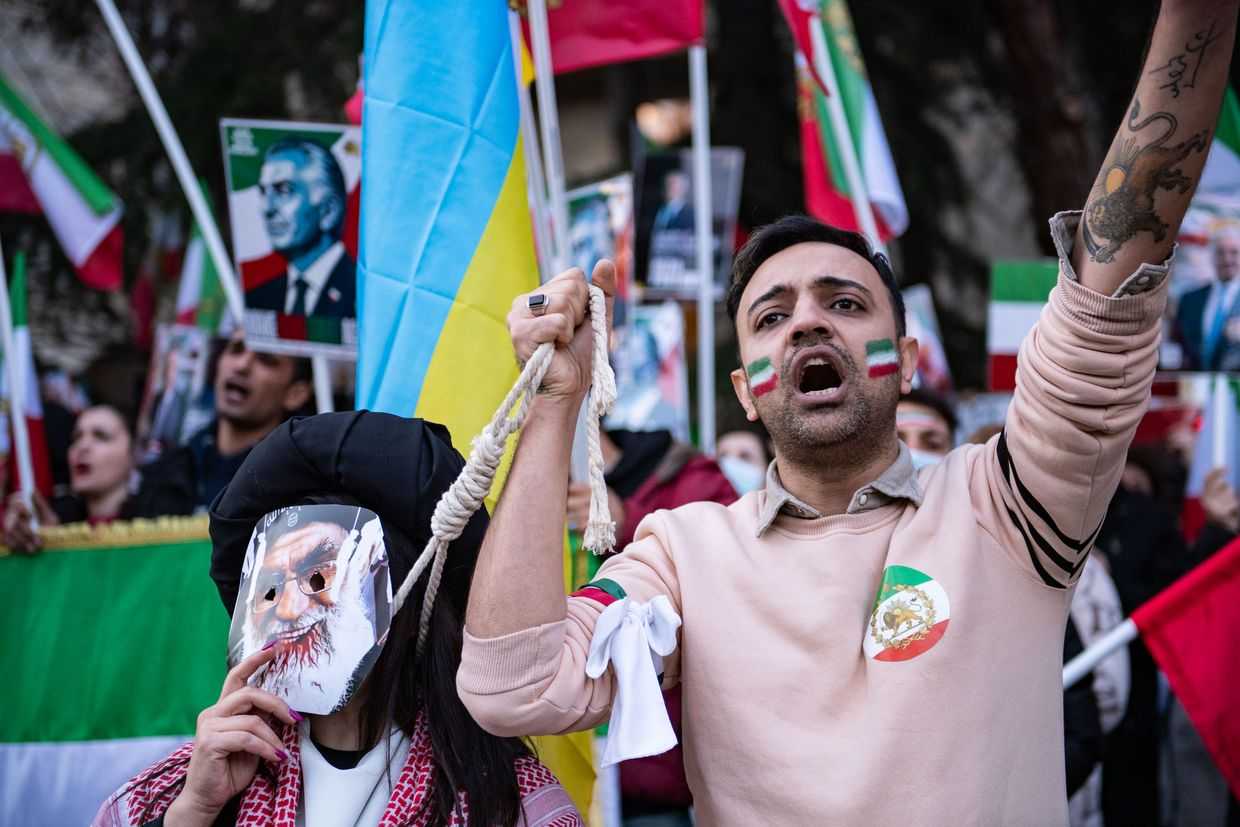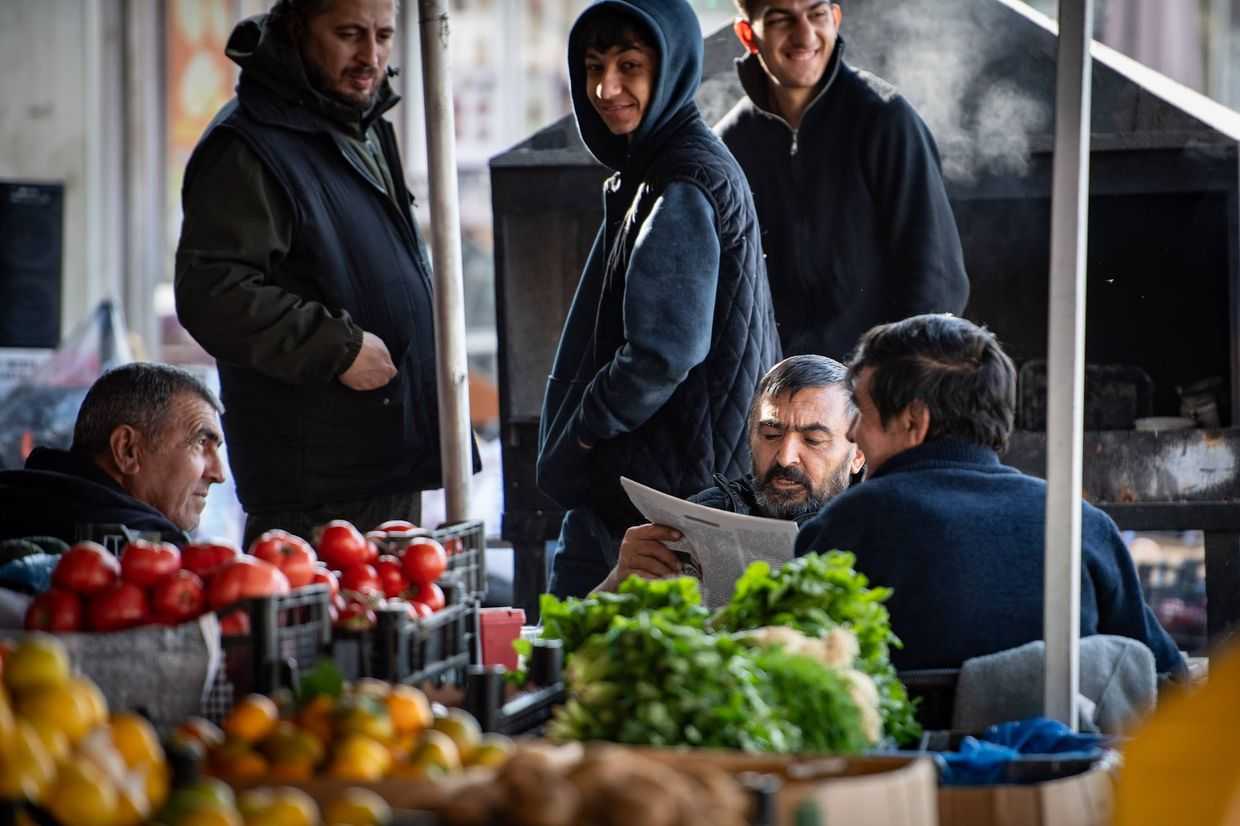
The International Monetary Fund (IMF) has suspended its financial support programme in Georgia, a week after the country’s central bank announced it would not impose American sanctions on a Georgian citizen.
On Tuesday, the National Bank of Georgia confirmed that the IMF had ‘temporarily suspended’ its programme for Georgia.
The announcement came as part of a press release for a meeting between Natia Turnava, the National Bank’s Acting Governor, and Paweł Herczyński, the EU’s Ambassador to Georgia, during which the officials reportedly discussed cooperation with the IMF.
‘It was noted that the IMF programme, that is temporarily suspended, should be restored as soon as possible’, Turnava was quoted as saying.
Ambassador Herczyński reportedly said that he ‘sincerely’ hoped that the IMF programme would be restored, allowing the EU to continue cooperating with and providing direct support to Georgia.
He also noted Georgia’s commitment to focusing on the 12 ‘priorities’ outlined by the EU as a precondition for reconsidering Georgia’s membership candidacy later this year.
Substantive meeting with Natia Turnava, Acting Governor of the National Bank of Georgia. Good functioning, independence and stability of all state institutions are fundamental to the EU enlargement process, particularly at this crucial time.
📷 @nbgeorgia pic.twitter.com/YUIduyOAwp
— EU Delegation Georgia 🇪🇺 (@EUinGeorgia) September 26, 2023
‘We especially noted the need for macroeconomic stability for all beneficiaries of EU assistance, especially now, when in a month the European Commission will issue its first enlargement report on Georgia’, said Herczyński. He noted that one of the 12 priorities specifically referred to the strength and independence of state institutions.
While the National Bank did not specify which programme it was referring to, and the IMF did not reply to OC Media’s request for a comment, the programme in question is likely to be a Stand-By Arrangement approved in June 2020, a three-year $280 million financial support programme for Georgia.
The news came five days after the IMF’s mission head for Georgia, James John, voiced ‘concerns’ regarding the decision of Georgia’s central bank to rescind its commitment to applying Russia-related international sanctions to Georgian citizens.
The controversial decision was largely understood to exempt Georgia’s former Prosecutor General Otar Partskhaladze from sanctions imposed on him by the US Department of State earlier this month.
[Read more: Resignations at Georgian National Bank after Partskhaladze asset freeze revoked]
Partskhaladze, who is accused of involvement in Russia’s economy and facilitating Russian influence in Georgia, is known to have ties to Bidzina Ivanishvili, Georgia’s former prime minister, and the billionaire founder of the ruling Georgian Dream party.
While the State Security Service of Georgia announced on 15 September that it would begin formally investigating the charges against Partskhaladze, public registry documents show that he transferred his real estate assets to his son soon after he was sanctioned. This has raised suspicions about other potential transactions that he may have carried out through Georgian banks.
Turnava stated in an interview with Georgian media group Palitranews that she could not comment on the matter due to client confidentiality concerns, but assumed that Georgian commercial banks had handled the issue carefully and not made this possible.
News of the IMF’s suspension prompted criticism from opposition groups in Georgia, including the United National Movement (UNM), Lelo, and For Georgia parties.
‘This will have a negative impact on [Georgia’s] economy and will further hurt citizens’ wallets’, said UNM head Levan Khabeishvili on 27 September, according to a party press release. ‘And it’s all for one person: FSB and Russian agent Partskhaladze. The oligarch at Putin’s court, Bidzina Ivanishvili, is clearly behind this decision’.
Despite criticism and a string of resignations at the National Bank following the bank’s decision that sanctions would only be imposed on Georgian citizens if a Georgian court found them guilty of relevant crimes, Turnava has insisted that Georgia remains committed to enforcing international sanctions placed on Russian subjects. She has not explained how the newly implemented rule reconciles with this.
Partskhaladze’s citizenship has also prompted controversy, as he is a dual Russian-Georgian citizen. Following the announcement of American sanctions, Georgia’s President Salome Zurabishvili at first pressed the authorities to confirm that Partskhaladze no longer qualified for Georgian citizenship after obtaining a Russian passport.
However, after Georgia’s Justice Ministry ruled that Partskhaladze should lose his Georgian citizenship pending presidential approval, Zurabishvili announced she would delay her approval for up to three months, urging the State Security Services to investigate him in the meantime.









